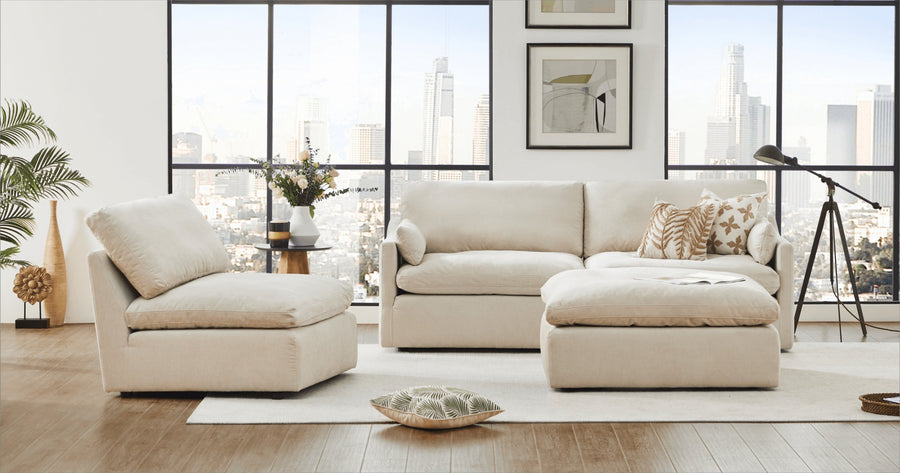-
 Retrouver dansMembres
Retrouver dansMembres Retrouver dansVidéos
Retrouver dansVidéos Retrouver dansChaînes
Retrouver dansChaînes
This website uses cookies to ensure you get the best experience on our website.
To learn more about our privacy policy Cliquez iciPréférence de confidentialité
- Mots clés - #BLOG
-
- Dernière mise à jour 6 juin 2024 0 commentaire , 151 vues, 0 comme
More in Politics
Related Blogs
Les archives
The Rise of Modular Furniture: How Sofas are Revolutionizing the Design Industry
Corps
Modular furniture has been making waves in the design industry, and sofas are at the forefront of this revolution. The traditional concept of a sofa has evolved into a versatile and customizable piece of furniture that offers endless possibilities for interior design. Let's delve into the world of modular sofas and explore how they are reshaping the way we think about furniture.

Adaptable Design
One of the key features of modular sofas is their adaptability. These sofas are designed with individual sections that can be rearranged to fit different spaces and preferences. Whether you have a small apartment or a spacious living room, a modular sofa can be tailored to suit your needs. The ability to reconfigure the sofa allows for flexibility in design, making it a practical choice for modern living.
Customization Options
Another aspect that sets modular sofas apart is the wide range of customization options available. From the choice of upholstery to the configuration of the modules, customers have the freedom to create a sofa that reflects their personal style. This level of customization was previously unheard of in the furniture industry, and it has empowered consumers to take control of their living spaces.
Space-Saving Solutions
With the growing trend of urban living, space has become a precious commodity. Modular sofas offer a solution to this challenge by maximizing the use of space. The ability to add or remove sections allows for efficient utilization of the available area, making modular sofas a popular choice for urban dwellers. Additionally, the versatility of these sofas means that they can adapt to different functions, such as serving as a bed for guests or providing storage options.
Environmental Impact
As sustainability becomes an increasingly important consideration in design, modular sofas have emerged as a more eco-friendly option. The modular design allows for easier transportation and reduces the carbon footprint associated with shipping large furniture pieces. Furthermore, the longevity of modular sofas is enhanced by the ability to replace individual components, reducing the need for full replacements and minimizing waste.
In conclusion, the rise of modular furniture, particularly in the form of sofas, is revolutionizing the design industry. The adaptability, customization options, space-saving solutions, and environmental impact of modular sofas are reshaping the way we approach furniture design. As this trend continues to gain momentum, we can expect to see even more innovative approaches to modular furniture that cater to the evolving needs of consumers.






commentaires